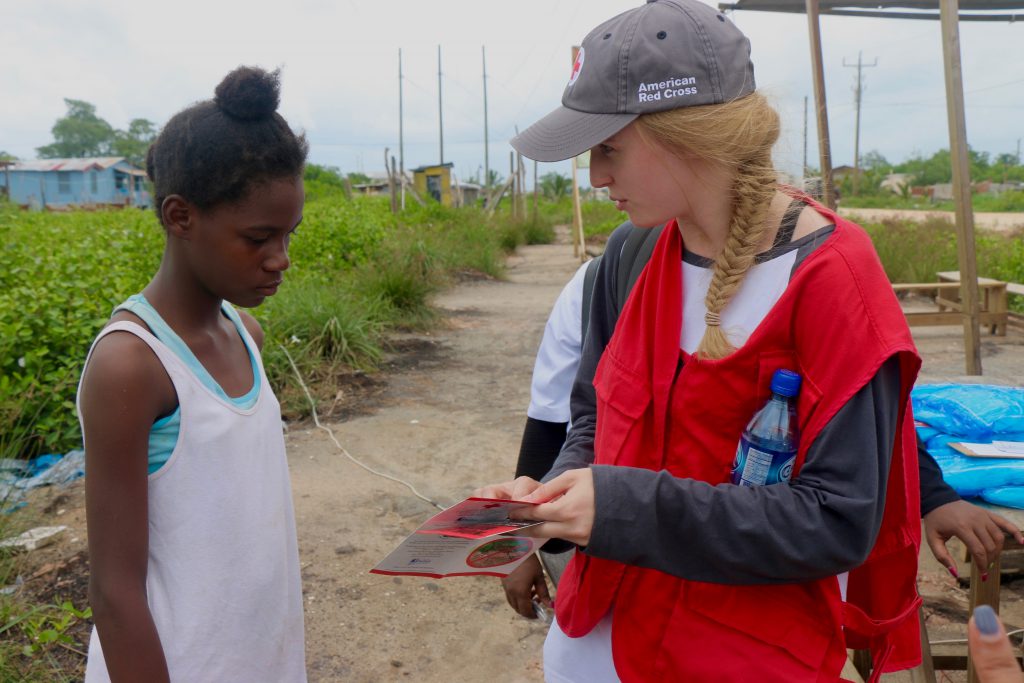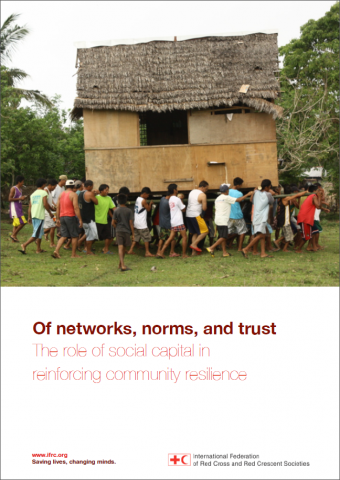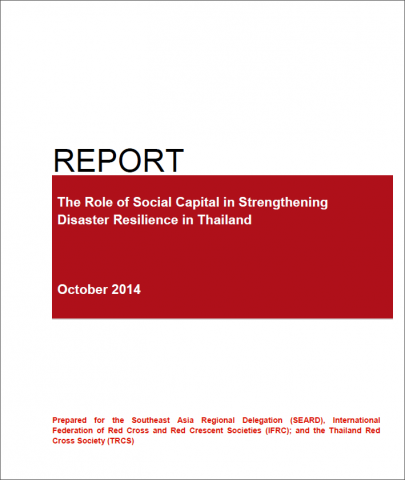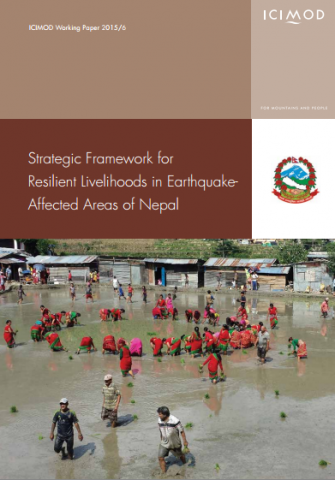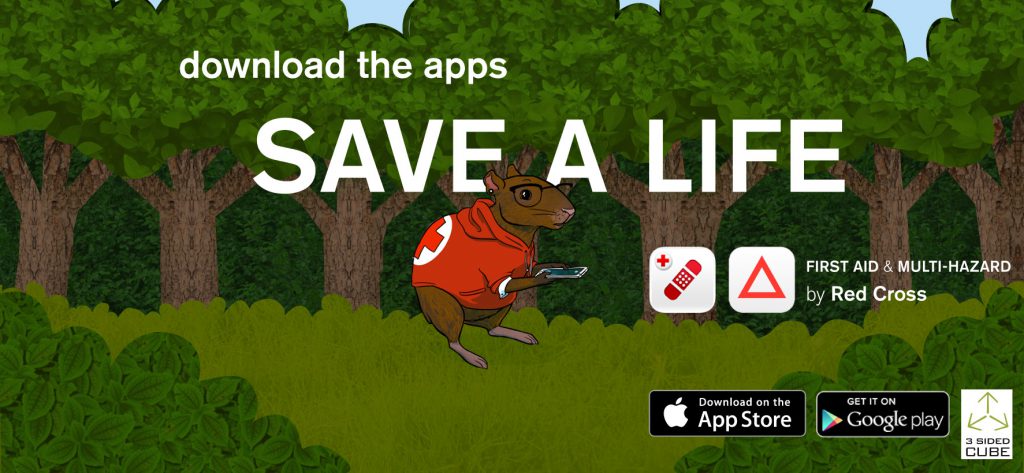Developing strategies to strengthen the resilience of hotels to disasters: A scoping study to guide the development of the Hotel Resilient Initiative
Exerpt from Executive Summary: Tourism is one of the most economically important sets of industries worldwide, yet the industry is also one of the most highly exposed to disasters due to its reliance on interrelated industries and location in many hazard prone regions. The Hotel Resilient Initiative aims to develop internationally recognized standards for hotels and […]


